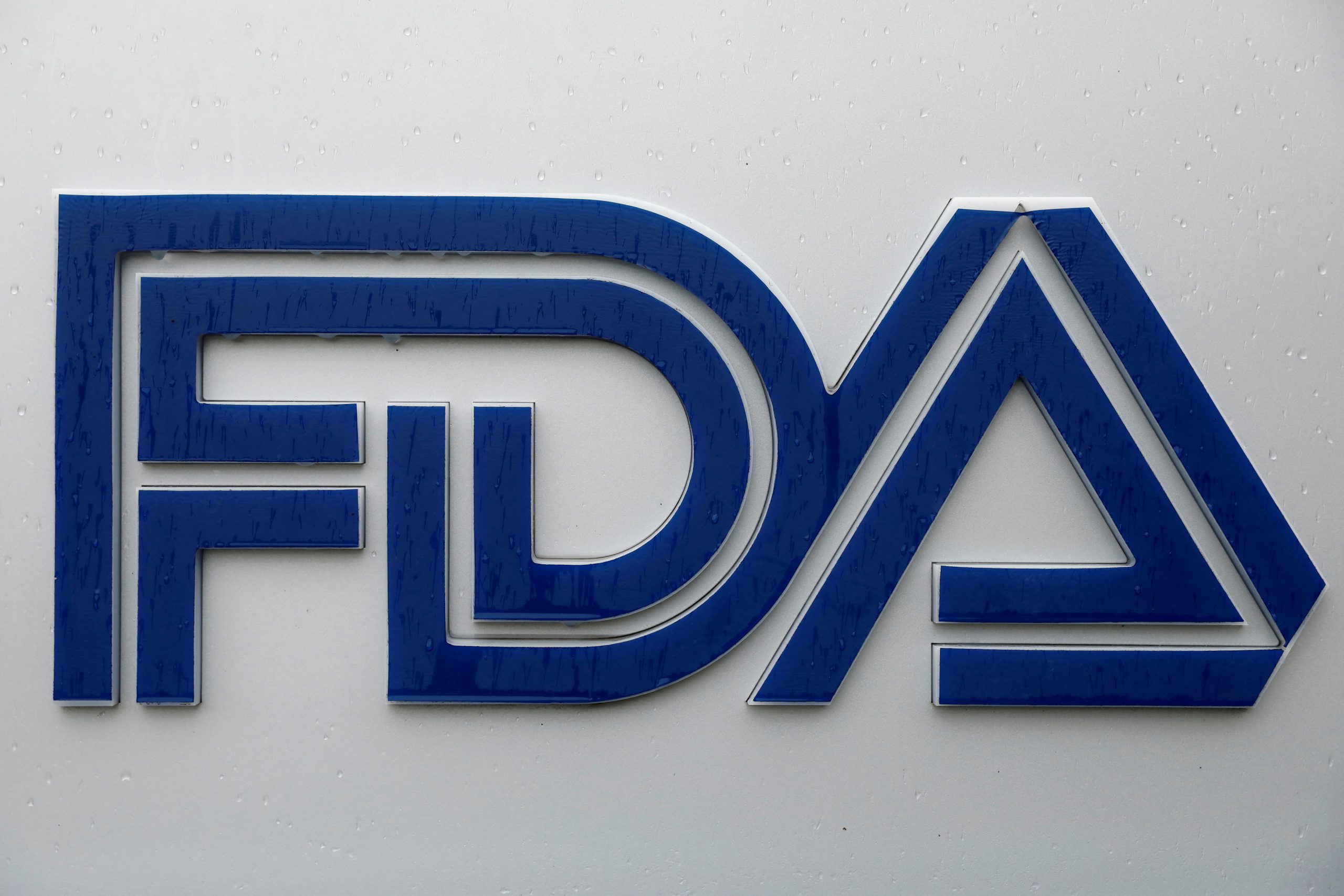
Lauren Dempsey, MS in Biomedicine and Law, RN, FISM News
[elfsight_social_share_buttons id=”1″]
Regulators from the FDA have called for a second review of a new drug that would treat amyotrophic lateral sclerosis (ALS) also known as Lou Gehrig’s disease.
In March a panel of experts voted 6-4 to deny approval of AMX0035. However, the regulatory agency is giving Amylyx Pharmaceuticals a rare opportunity at a second chance to prove that their drug works.
AMX0035 is a co-formulation of two pharmaceutical ingredients, sodium phenylbutyrate and taurursodiol, which are designed to reduce neuronal death in persons with ALS by simultaneously mitigating endoplasmic reticulum stress and mitochondrial dysfunction.
After looking at the clinical trial data, neurological experts found that the data was unconvincing, although they are giving the drug company a second review with outside advisors who will look at several new statistical analyses provided by Amylyx. These advisors will make a recommendation to the regulatory agency.
The FDA regulators remain cautious about the efficacy of the drug and its ability to prolong life and delay hospitalization and other severe complications. However, under the Orphan Drug Act, the FDA has the authority to approve drugs for rare diseases affecting less than 200,000 people in the United States. This incentivizes pharmaceutical companies to research and develop drugs that affect a very small number of people, thus making the organization of large clinical trials difficult and expensive to conduct.
Amylyx conducted one small, phase-2 clinical trial that included 137 patients. The trial included a 6-month randomized placebo-controlled phase as well as an open-label, long-term follow-up phase. According to the company, the data from the trial shows that the drug reduced functional decline, slowed disease progression, and extended life by about 10 months.
However, FDA reviewers did not find the data persuasive. They also discovered that “deaths that occurred during the study” were not accounted for, “there were analytical and interpretative issues,” and the agency urged that the company start a phase 3 study “capable of providing substantial evidence of effectiveness” that will confirm the original findings.
There are currently four other drugs with FDA approval available to treat ALS in the United States: Riluzole, Nuedexta, Radicava, and Tiglutik. The FDA wrote that although the clinical trial data was encouraging, the “study was not adequately designed to show benefit over currently available therapies.”
In June, Canada became the first country to approve AMX0035, or ALBRIOZA, for ALS patients, becoming the first new treatment approved by Canadian health regulators since 2018.
Justin Klee and Joshua Cohen, co-founders of Amylyx Pharmaceuticals issued a joint statement.
“For nearly a decade, we have been committed to creating more meaningful moments for people living with ALS and their families,” they wrote. “ALBRIOZA is a therapy that demonstrated in our CENTAUR trial a statistically significant and clinically meaningful impact on function, alone or in addition to existing ALS therapies. We are grateful to the people who participated in our clinical trials, their families, the researchers, and the ALS community for helping to make this milestone happen.”
The next meeting with experts and Amylyx Pharmaceuticals is scheduled for Wednesday, Sept. 7. Experts will make a recommendation on the New Drug Application (NDA) for AMX0035.
ALS is a progressive neurodegenerative disease that affects nerve cells in the brain and spinal cord. When these nerve cells die, the brain is not able to control muscle movement, resulting in the inability to speak, eat, move, or breathe. It is estimated that ALS affects about 30,000 people in the United States, with approximately 6,000 new diagnosis’s each year.
